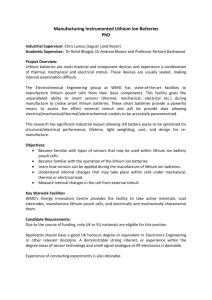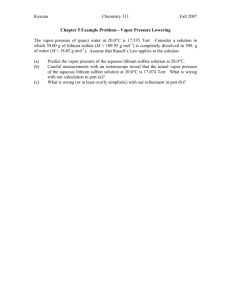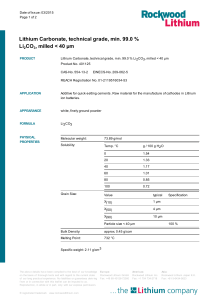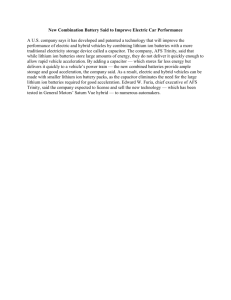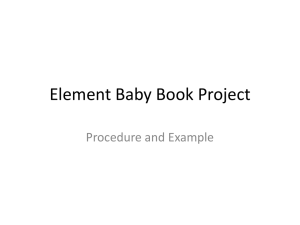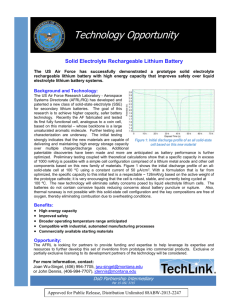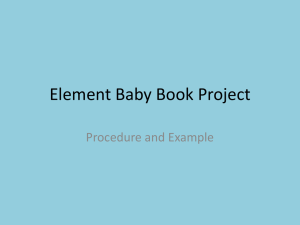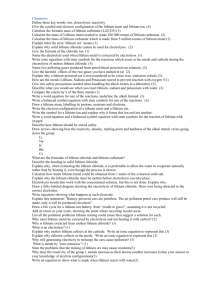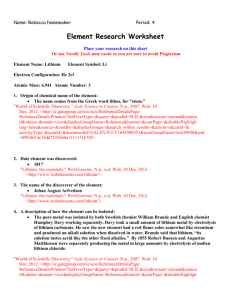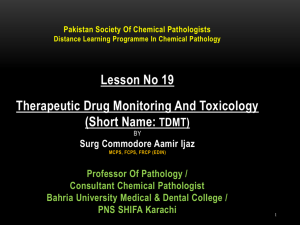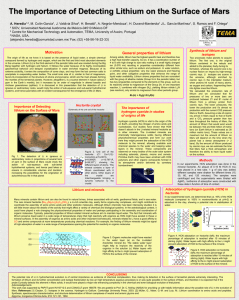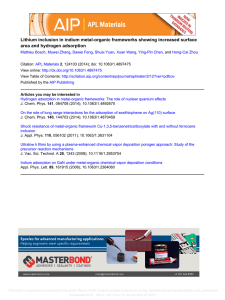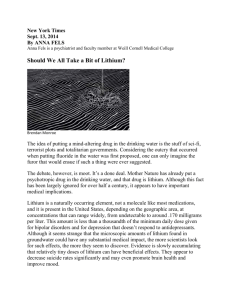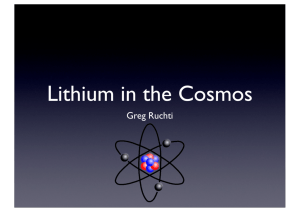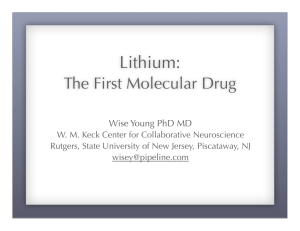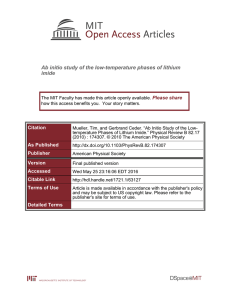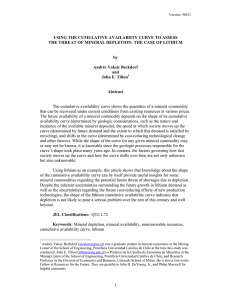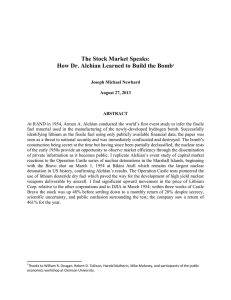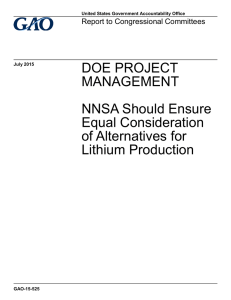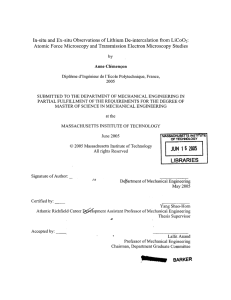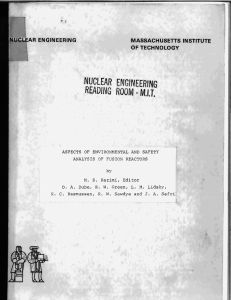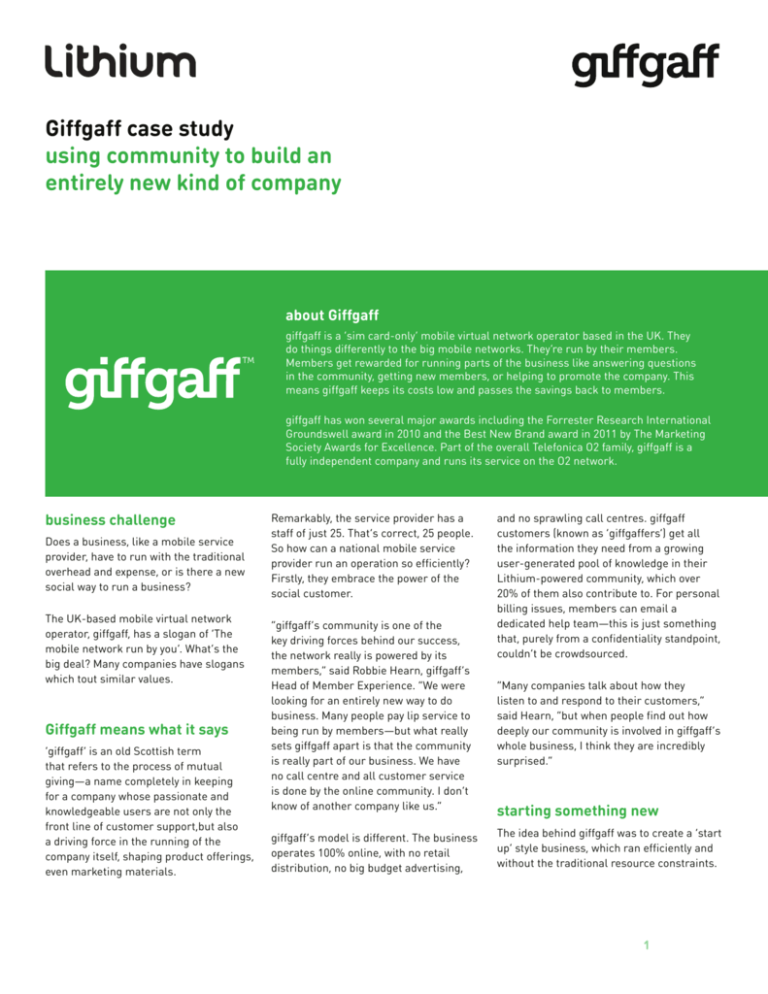
Giffgaff case study
using community to build an
entirely new kind of company
about Giffgaff
giffgaff is a ‘sim card-only’ mobile virtual network operator based in the UK. They
do things differently to the big mobile networks. They’re run by their members.
Members get rewarded for running parts of the business like answering questions
in the community, getting new members, or helping to promote the company. This
means giffgaff keeps its costs low and passes the savings back to members.
giffgaff has won several major awards including the Forrester Research International
Groundswell award in 2010 and the Best New Brand award in 2011 by The Marketing
Society Awards for Excellence. Part of the overall Telefonica O2 family, giffgaff is a
fully independent company and runs its service on the O2 network.
business challenge
Does a business, like a mobile service
provider, have to run with the traditional
overhead and expense, or is there a new
social way to run a business?
The UK-based mobile virtual network
operator, giffgaff, has a slogan of ‘The
mobile network run by you’. What’s the
big deal? Many companies have slogans
which tout similar values.
Giffgaff means what it says
‘giffgaff’ is an old Scottish term
that refers to the process of mutual
giving—a name completely in keeping
for a company whose passionate and
knowledgeable users are not only the
front line of customer support,but also
a driving force in the running of the
company itself, shaping product offerings,
even marketing materials.
Remarkably, the service provider has a
staff of just 25. That’s correct, 25 people.
So how can a national mobile service
provider run an operation so efficiently?
Firstly, they embrace the power of the
social customer.
“giffgaff’s community is one of the
key driving forces behind our success,
the network really is powered by its
members,” said Robbie Hearn, giffgaff’s
Head of Member Experience. “We were
looking for an entirely new way to do
business. Many people pay lip service to
being run by members—but what really
sets giffgaff apart is that the community
is really part of our business. We have
no call centre and all customer service
is done by the online community. I don’t
know of another company like us.”
giffgaff’s model is different. The business
operates 100% online, with no retail
distribution, no big budget advertising,
and no sprawling call centres. giffgaff
customers (known as ‘giffgaffers’) get all
the information they need from a growing
user-generated pool of knowledge in their
Lithium-powered community, which over
20% of them also contribute to. For personal
billing issues, members can email a
dedicated help team—this is just something
that, purely from a confidentiality standpoint,
couldn’t be crowdsourced.
“Many companies talk about how they
listen to and respond to their customers,”
said Hearn, ”but when people find out how
deeply our community is involved in giffgaff’s
whole business, I think they are incredibly
surprised.”
starting something new
The idea behind giffgaff was to create a ‘start
up’ style business, which ran efficiently and
without the traditional resource constraints.
1
Giffgaff case study
using community to build an
entirely new kind of company
we really have no call centre, and all customer
service is done by the online community. I don’t
know of another company like us.
Robbie Hearn,
Head of Member Experience, giffgaff
The vision for this was to give consumers
choice in selecting a service provider that
lets them get involved and participate in
the running and shaping of the company.
giffgaff turned to Lithium Technologies to
help them architect a community where
members’ activity and participation could
help them share in the success of the
business. “We were looking at Lithium’s
expertise in building large scale,
successful communities, and how quickly
they could bring this to market for us.
Their SaaS platform and their community
knowledge helps us grow rapidly while
controlling our costs, which is important
to help pass cost savings on to our
members,” says Hearn.
The model developed rewards active
community members for running parts
of the business including answering
questions in the community, attracting
new members, or helping to promote
the company.
As a thank you, community members are
rewarded with virtual praise—known as
kudos—an elevated personal reputation;
and ‘Payback Points’ which are awarded
every six months. These points are
accumulated for referring people to the
service, helping people by answering
specific questions and solving technical
issues in the community, or even creating
promotional material for the company.
The points can be applied against their
monthly mobile services, taken as a cash
reward, or donated to a charitable cause.
In a novel move, giffgaff actually launched
its community even before the mobile
service went live. Members who joined
before the company rolled out its beta
service in late 2009 were given the
special rank of ‘Founders’—giving them
a deep sense of ownership. These people
helped shape a lot of giffgaff’s service
today, including much of the bundles,
network services , and apps.
pass the savings forward
Crowd-sourced material keeps giffgaff’s
costs lower and, importantly, lets them
pass the savings back to the members—a
situation where everyone wins. This
approach has led giffgaff to earn a Net
Promoter score in the mid 70s—on par
with some of the largest internet and
consumer goods companies. It has also
meant that overall customer satisfaction
is at an incredible 91%, not only amazing
for a telecom, but for any organization.
“I think many people were skeptical that
this type of business model would be
accepted by the public,” says Hearn. “It’s
pretty clear that the modern consumer
wants to be deeply involved in the
products and companies that they are
loyal to. This is particularly true if they
feel they have a voice and can help make
them be even more successful. The
giffgaff community gives them the ideal
place to be involved and be rewarded.”
2
Giffgaff case study
using community to build an
entirely new kind of company
just how are giffgaffers contributing… well, how are these for stats?
Members have asked over 130,000 questions in the
‘Help’ forums in 2010
An amazing 95% of queries were answered within
60 minutes
The community has responded with over 1 million
replies
Over 40% of the customer base got involved in the
first six months and received Payback cash in return
100% of the questions were answered by the
community
The top earning giffgaffer earned over £13,000, and is
using that to pay his way through University
Average response time for questions is within just
three minutes (24/7)
giffgaff’s Head of Community, Vincent
Boon, is on the front line of engaging
these new social customers. “Basically,
from day one it was obvious that there
was a very knowledgeable and passionate
set of founders who wanted to comment,
help others, and create with us. This
passion extends to the point where just
our superusers are spending upwards
of 170 hours a month helping the
community to answer questions and
assisting people migrating onto our
service. Some giffgaffers even spent over
nine hours a day helping people.”
“The value generated by the community
is incredible, and means we can take
the savings we make from not having a
traditional, high cost infrastructure, and
pass that directly to our customers in
terms of great product value. Everyone
wins!” said Vincent.
shaping the company
But the community isn’t purely
the ‘giffgaff support team’. giffgaff
implemented Lithium Ideas in February,
creating an area to help collect crowdsourced ideas and improve the service
further. With upwards of 9,000 ideas
over the past few years, the community
has seen over 270 ideas implemented
to help improve movile service—and an
additional 100 community-generated
ideas are in development.
A great example of how giffgaff is
run by its community is the launch
of ‘goodybags’—price bundles which
are truly unlimited. giffgaff asked its
community what they wanted and
received 285 responses, which helped to
guide the development of this valuable
bundle. Clear and direct feedback from
the community helps shape the products
they need and want.
The passionate user base is also a
marketing and R&D engine too. giffgaff
members have been spreading the
word about the company, and making
commercials—in fact, so far, giffgaff
members have produced and posted
146 videos online—generating over
500,000 views to date. By supporting the
developers in its community through the
purchase of SDKs and opening up data
and APIs, giffgaff is also able to bring
applications to market far more rapidly
than in a traditional model. An iPhone
app was built and launched within weeks,
followed by apps in the Ovi store, and
apps for the Android platform.
giffgaff is a business with a difference.
It’s run by the community for the
community.
3
Giffgaff case study
using community to build an
entirely new kind of company
the value generated by the community is incredible, and means we
can take the savings we make from not having a traditional, high
cost infrastructure, and pass that directly to our customers in
terms of great product value. Everyone wins!
Vincent Boon
Head of Community, giffgaff
For more information about giffgaff, visit
www.giffgaff.com
about Lithium
Lithium helps companies unlock the
passion of their customers. Lithium
software powers amazing Social
Customer Experiences for more than
400 iconic brands including AT&T, BT,
Best Buy, Indosat, Sephora, Skype and
Telstra. Lithium helps companies grow
brand advocacy, drive sales, reduce
costs and accelerate innovation to
create social communities that redefine
the customer experience. For more
information, visit lithium.com, or connect
with us on Twitter, Facebook and our
own community–the Lithosphere.
Lithium is privately held with corporate
headquarters in San Francisco, Calif. and
offices in Europe, Asia and Australia.
Lithium
lithium.com | © Lithium Technologies, Inc. All Rights Reserved.
4

